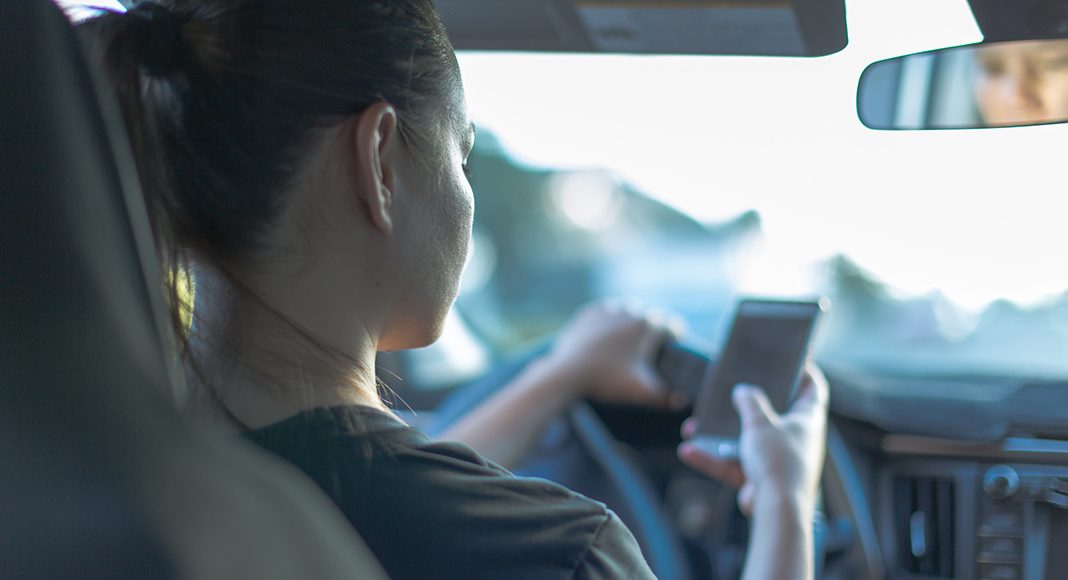Financial incentives could convince teens to reduce risky driving behaviors, according to a new survey carried out by researchers at the Perelman School of Medicine at the University of Pennsylvania and Children’s Hospital of Philadelphia.
More than 90 percent of teens surveyed said they were willing to give up sending or reading text messages, yet almost half indicated that they would want to retain some control over phone functions such as music and navigation.
“More than half of teens in the United States admit to texting while driving, and this has become a significant public health issue leading to preventable deaths and disabling injuries,” said study lead author Kit Delgado, MD, Assistant Professor of Emergency Medicine at Penn. “Our study suggests a promising strategy to curb this epidemic would include enabling a phone setting or third party app with automatic responses to incoming texts, but with navigation and music functions accessible, combined with financial incentives to sustain use.”
Delgado suggests this could be accomplished by enabling the “Do Not Disturb While Driving” setting on an iPhone to automatically turn on while the car is in motion and enrolling in an auto insurance program that offers financial incentives for using apps to track driving behavior.
Since last year, iPhones have had a optional “Do Not Disturb While Driving” mode that locks the phone screen, blocks incoming texts and sends automatic text responses, and limits incoming phone calls.
“Apps and settings aimed at reducing cellphone distraction while driving can only be effective from a population health standpoint if they are widely adopted,” Delgado said.
Results of the survey are published in the journal Traffic Injury Prevention.
Discover how eDriving’s smartphone solution, Mentor, helps to reduce risky driving by tracking behaviors such as distracted driving, speeding and harsh maneuvers.



















